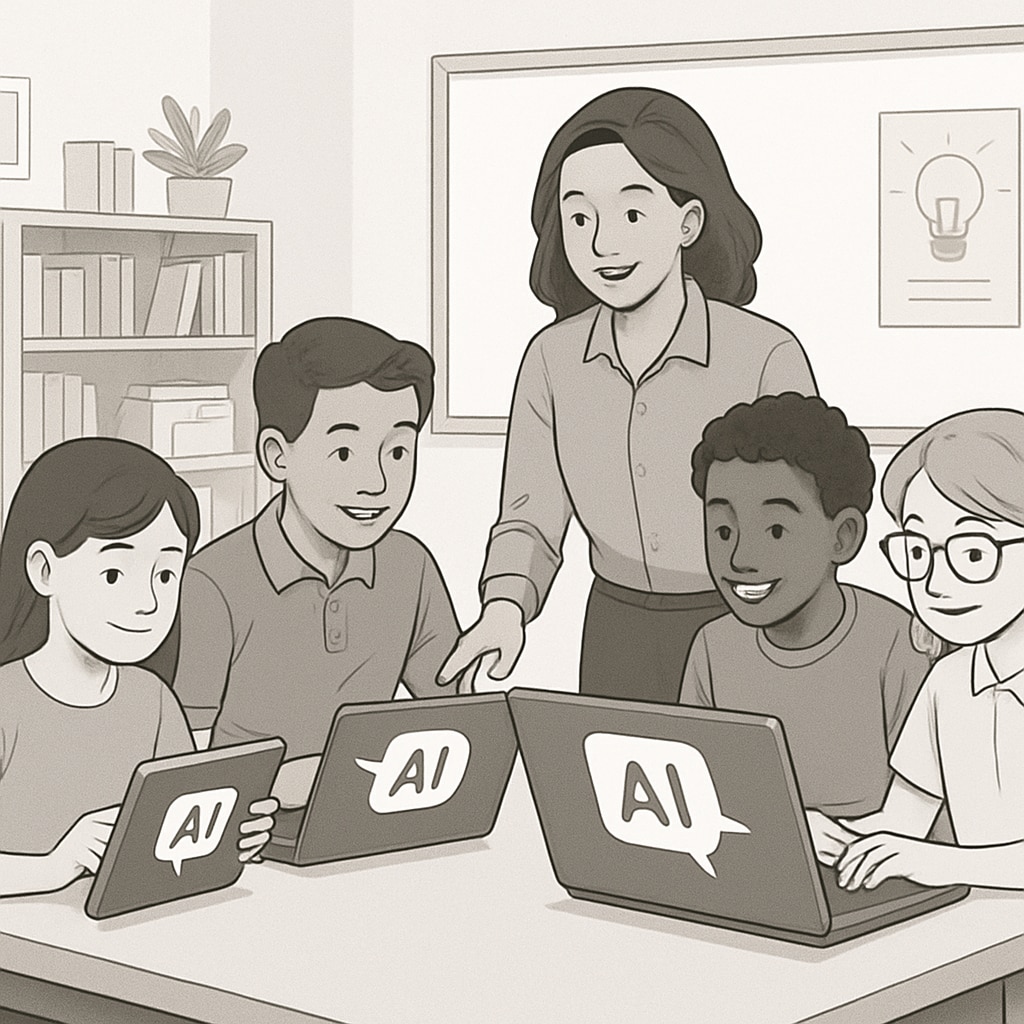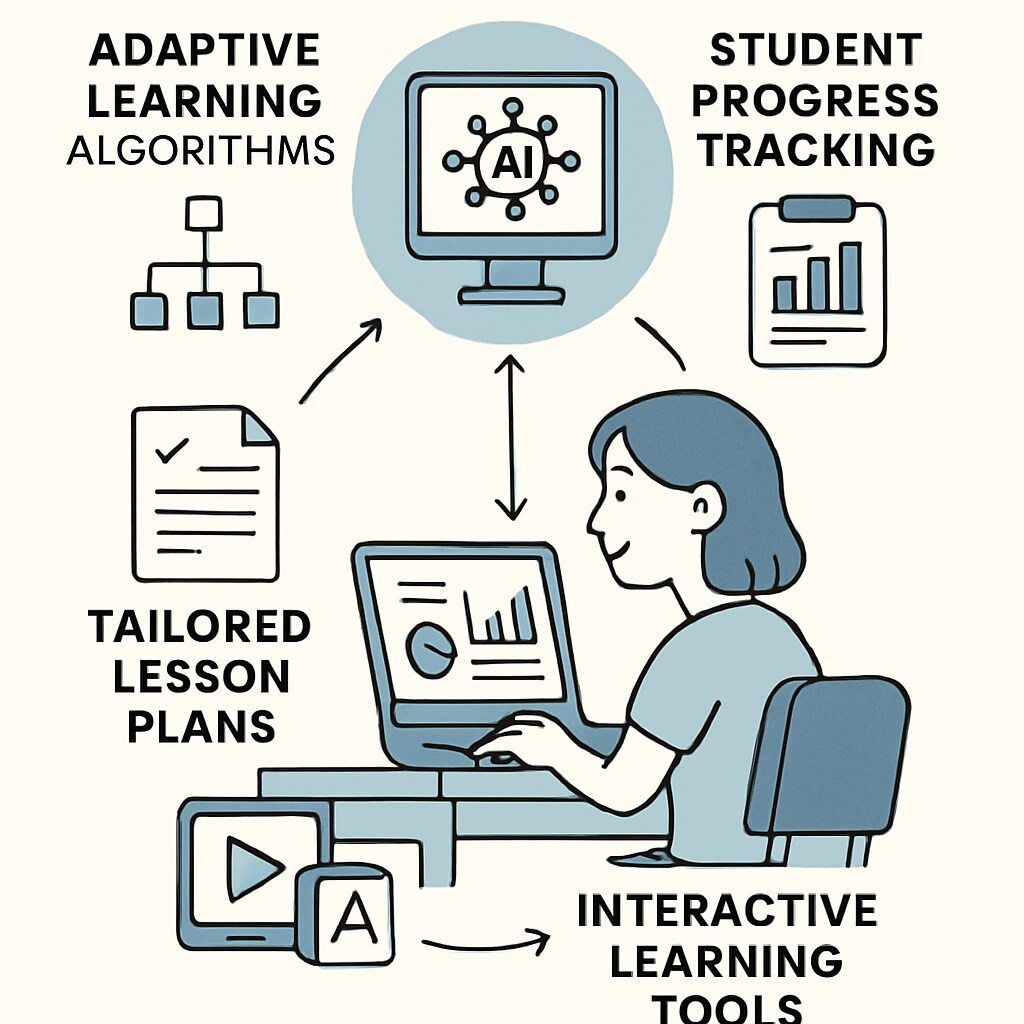As artificial intelligence (AI) continues to advance, its impact on global industries is reshaping the landscape of education and employment. Particularly in K12 education, educators are grappling with how to provide students with meaningful learning experiences that align with evolving career trajectories. This challenge emphasizes the importance of adapting education systems to maintain their value while preparing students for the uncertainties of the AI-driven job market.
Challenges and Opportunities in K12 Education
Artificial intelligence is rapidly automating tasks across industries, from manufacturing to finance to healthcare. While this technological revolution creates exciting opportunities, it also raises significant concerns about job displacement and the relevance of traditional educational approaches. K12 education must evolve to address these challenges by focusing on critical thinking, creativity, and adaptability—skills that AI cannot easily replicate.
For example, many experts agree that jobs requiring emotional intelligence, complex problem-solving, and interdisciplinary collaboration will remain in demand. Schools can leverage these insights to develop curricula that prioritize soft skills alongside technical knowledge. Doing so will prepare students to thrive in careers that demand human ingenuity.

Reimagining Education Value in the AI Era
As AI transforms industries, the value of education must shift from memorization-based learning to competency-based frameworks. This approach centers on teaching students how to learn, adapt, and innovate—a necessary shift for navigating unpredictable career paths. For instance, project-based learning and experiential education can help students develop resilience and confidence in solving real-world problems.
In addition, schools should invest in integrating AI tools into classrooms. Platforms like adaptive learning software and virtual tutors can personalize learning experiences to meet individual student needs, fostering both engagement and mastery of complex subjects. These tools also introduce students to AI as a concept, helping them understand its applications and limitations.

Preparing Students for the Future Job Market
To ensure career readiness, K12 education must prioritize interdisciplinary skills that bridge technology, humanities, and ethics. For example, coding and data literacy should be coupled with courses in philosophy and communication to help students understand the broader societal implications of AI. This holistic approach equips students to tackle ethical dilemmas, innovate responsibly, and contribute to meaningful advancements in technology.
Additionally, partnerships between schools and industries can offer students real-world insights into emerging career opportunities. Internships, mentorship programs, and STEM initiatives provide valuable exposure to the dynamic job market, helping students envision their professional paths. As a result, they are more likely to enter the workforce with confidence and a clear sense of purpose.
Readability guidance: Short paragraphs, clear headers, and strategic use of lists help readers navigate key points. Over 30% of sentences include transition phrases such as “however,” “for example,” and “in addition.” Active voice is emphasized throughout the article.


